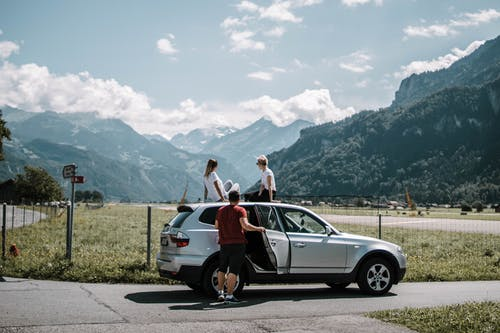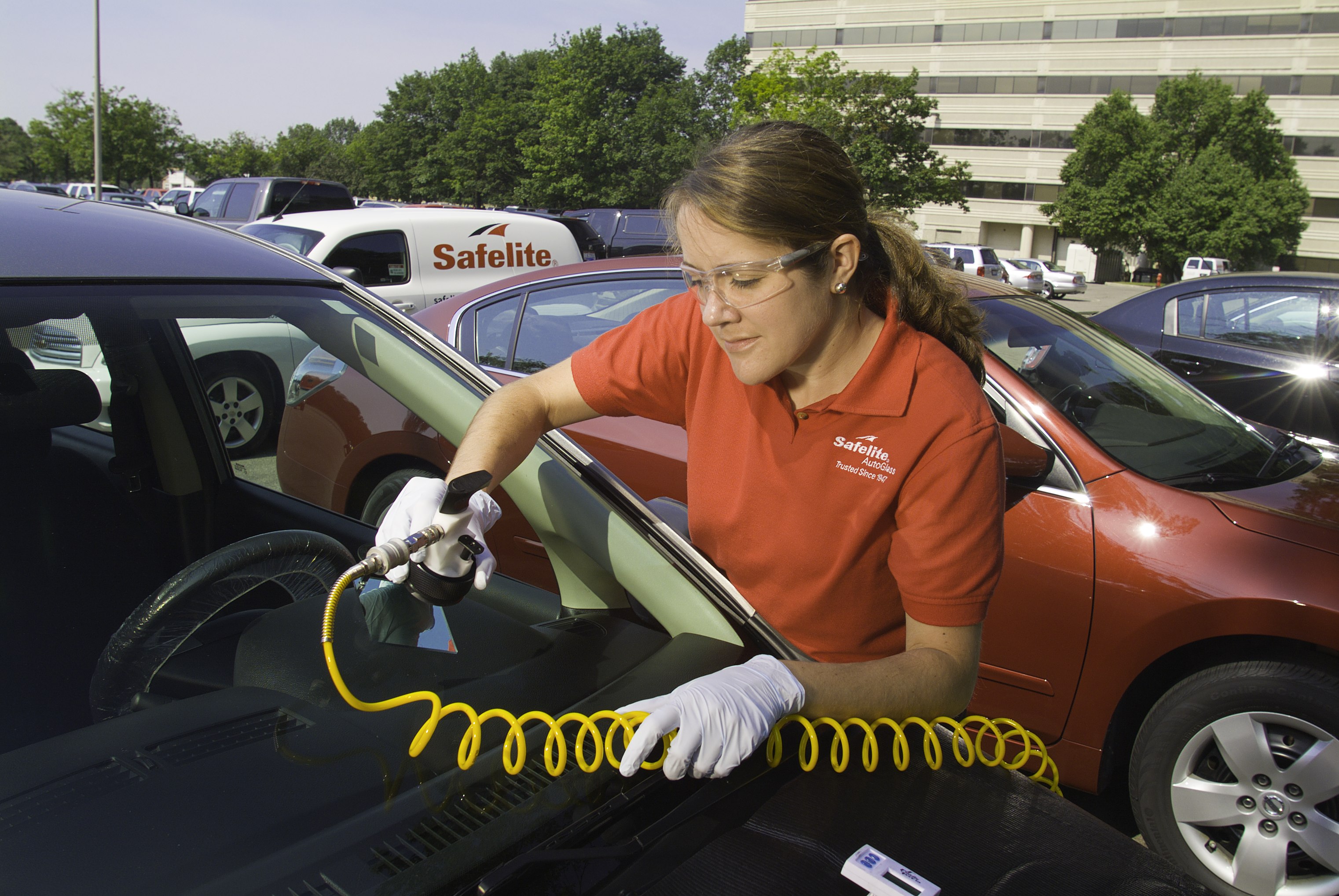Road trips can be an incredibly exciting way to see the world and encounter all kinds of different experiences and adventures, but they do pose risks. It’s not always possible to steer clear of unexpected bumps in the road when you’re traveling, but there are steps you can take to try and stay safe. Here are some practical tips you may find useful for your next trip.
Plan your route in advance
Many of us now have phones and satellite navigation systems we can call upon to point us in the right direction, but it’s always helpful to have a rough idea of where you’re going before you travel. If you’re venturing off the beaten tracks and main roads, you might find that your signal drops, and you may need to rely on traditional maps and routes you’ve noted down on a pad and paper. If you know the way, this will save you time and prevent you from getting lost.
Check your car
Before you embark on your next excursion, it’s wise to check your car and make sure it’s ready for the adventure ahead. Take a look at the tires, fill the gas tank, top up your oil and water levels, and make sure you’ve got some emergency supplies in the trunk. It’s a good idea to stock up on snacks and bottled water, to carry high-visibility vests with you, and to pack a first aid kit, a puncture repair kit, and warm clothing. You should also check that you have breakdown cover.
Drive safely
You might think that you’re a careful driver, but more than 90 percent of accidents in the US are caused by driver errors. If you tend to put your foot down when you’re out on the open roads, or you regularly make calls or send messages while you’re driving, you could be putting others at risk. To avoid receiving calls from car accident attorneys, make sure you abide by the rules of the road and you respect other road users. Stick to the speed limits, give other drivers space and time, signal before you move or slow down, and always check your blind spot before changing lane or stopping. It’s also important to pay attention to the road ahead at all times. If you’re busy texting and you need to stop suddenly, you may not be able to react quickly enough.
Schedule stops
Figures from the National Highway Traffic Safety Administration estimate that more than 70,000 crashes result from driving tired every year. To prevent drowsiness, schedule regular stops, get out, breathe in some fresh air, and stretch your legs. It’s also best to avoid driving late at night.
Are you planning your next road trip? If so, you’re probably hoping that everything runs smoothly. In many cases, it’s possible to get from A to B without any issues at all, and road trips can be incredibly fun, but it is worth bearing the risks in mind. To minimize your chances of unexpected accidents and incidents, always drive safely, check your car before you travel, plan your route in advance, and make sure you stop and take regular breaks.
Have a plan of action
There are a lot of things that you need to think about when trying to plan and prepare for the perfect road trip, and this is something that makes a massive difference to the way in which you reduce the stress and worry of this trip. You need a plan of action for what you’re going to do and where you’re going to go on the trip, but you also need to have a contingency plan in place to help you with this, and one of the key considerations here is making sure you have a plan of action in place in case of an accident or emergency.
One of the key things to consider here is making sure you get in touch with a car accident lawyer, or at least research one. This way you will be able to act swiftly should you have an accident on your road trip, and secure legal representation in a fast and effective manner. This is something that you need to keep in mind, and you can do a lot to improve this as much as possible. It’s one less thing to worry about, and this makes it a great step to help remove the stress of your trip right now.





